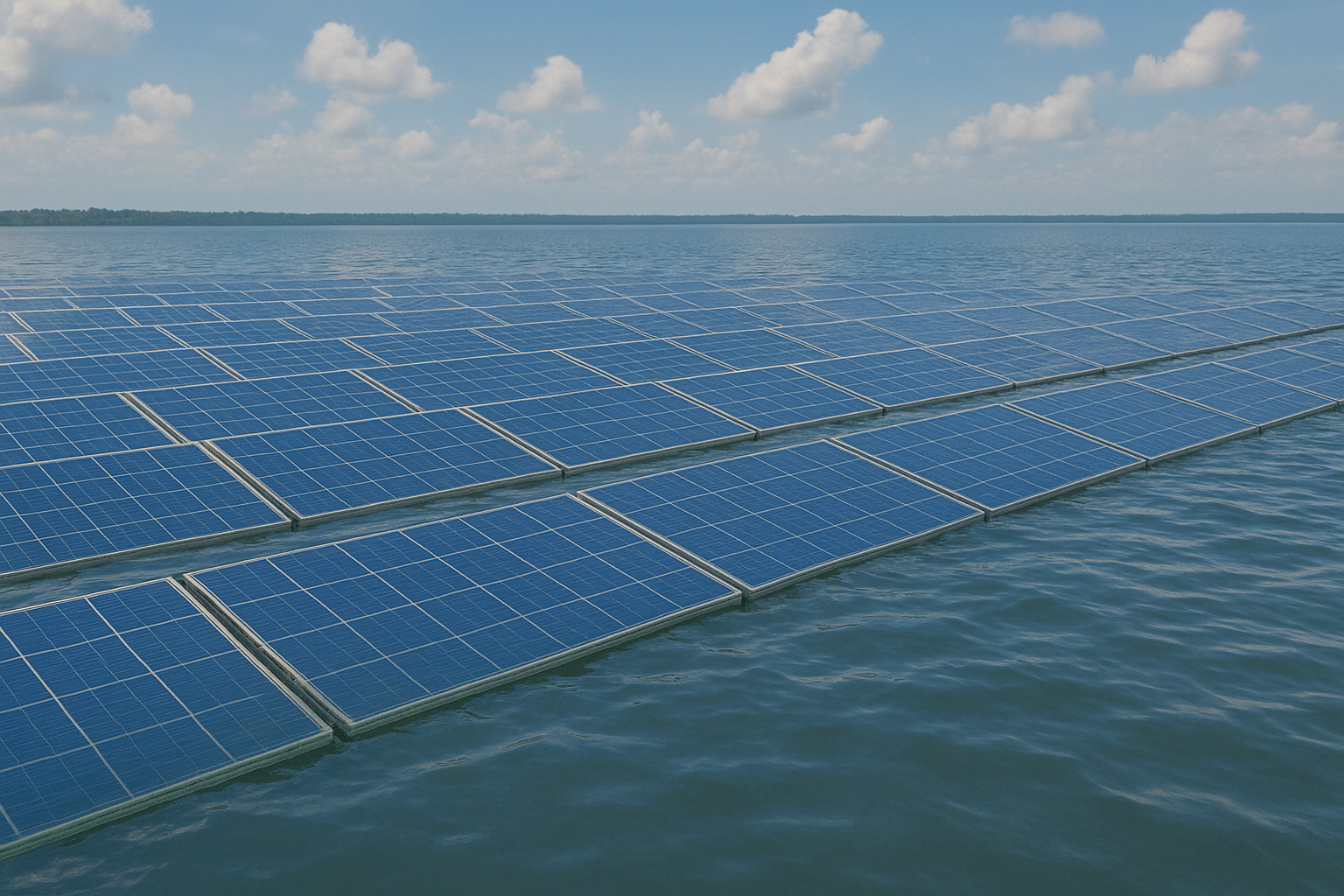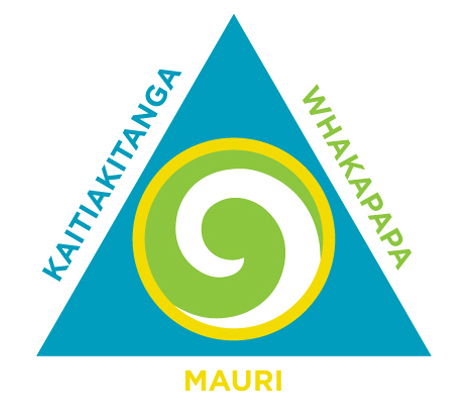Underwater solar panels in Aotearoa New Zealand: An economic analysis
DOI:
https://doi.org/10.26686/ases.v1.9917Keywords:
Submerged photovoltaics, Solar energy, Economic performance, FeasibilityAbstract
The global shift toward renewable energy sources has intensified research into innovative solar energy solutions. One promising avenue is submerged photovoltaic solar panels (SP2), which leverage water cooling to enhance efficiency while addressing land use constraints. This study conducted an economic analysis of SP2 technology in the Aotearoa New Zealand context, comparing its viability to conventional land-based photovoltaic (LPV) and floating photovoltaic (FPV) systems. Using a cost-benefit analysis (CBA) framework, capital expenditures (CAPEX), operational costs, efficiency gains, and potential financial returns of SP2 farms were assessed. The findings indicate that while SP2 panels offer improved cooling and potential efficiency gains, these advantages are largely offset by higher installation and maintenance costs, biofouling risks, and structural challenges. Sensitivity analyses suggest that material advancements—particularly in GaInP and CdTe solar cells—could improve SP2 feasibility in the long term if manufacturing costs decrease. Additionally, the study highlights niche applications where SP2 could complement agricultural activities by preserving farmable land while providing renewable energy. Despite current economic limitations, SP2 technology remains a promising research direction, with potential improvements in cost efficiency, durability, and deployment strategies. Future work should focus on large-scale pilot projects, material innovation, and environmental impact assessments to refine the feasibility of underwater solar farms as a viable component of the renewable energy landscape.Downloads
Download data is not yet available.

Downloads
Additional Files
Published
2025-08-29
How to Cite
Maguet, J., & Brent, A. (2025). Underwater solar panels in Aotearoa New Zealand: An economic analysis. Archives of Sustainable Energy Systems, 1. https://doi.org/10.26686/ases.v1.9917
Issue
Section
Articles
License

This work is licensed under a Creative Commons Attribution 4.0 International License.
The articles in the journal are published under the terms of the Creative Commons Attribution 4.0 International License (CC BY 4.0), which permits use, sharing, adaptation, distribution, and reproduction in any medium or format, provided the original author(s) and source are properly cited.


